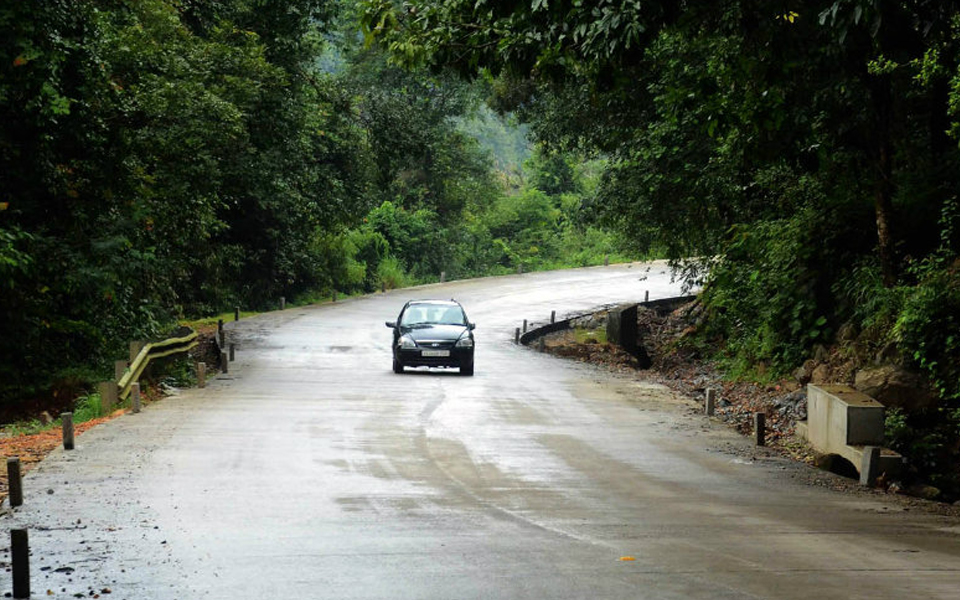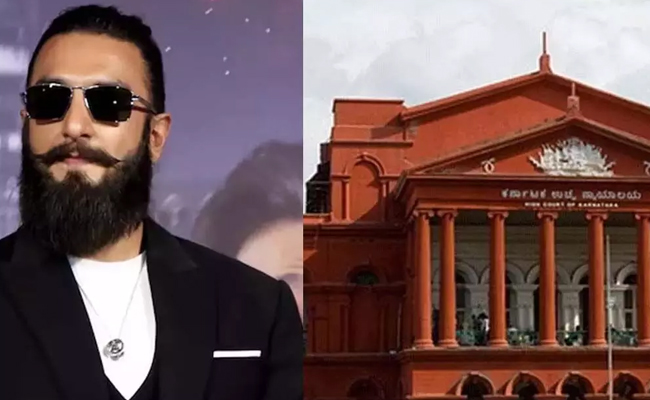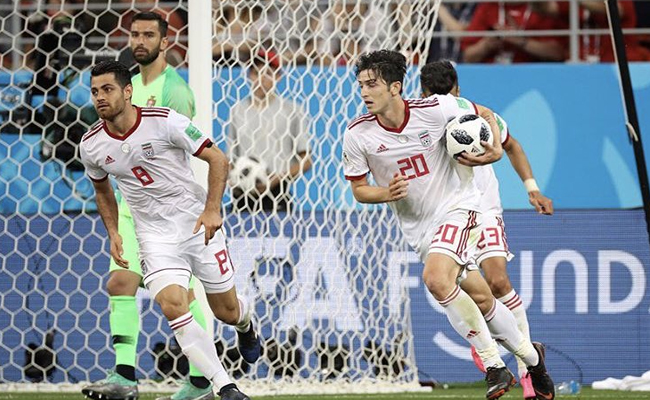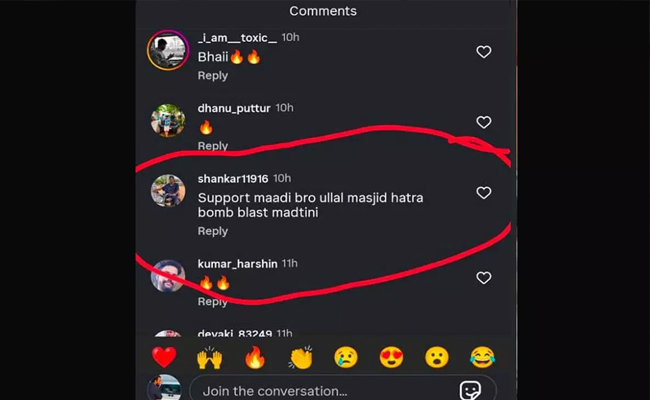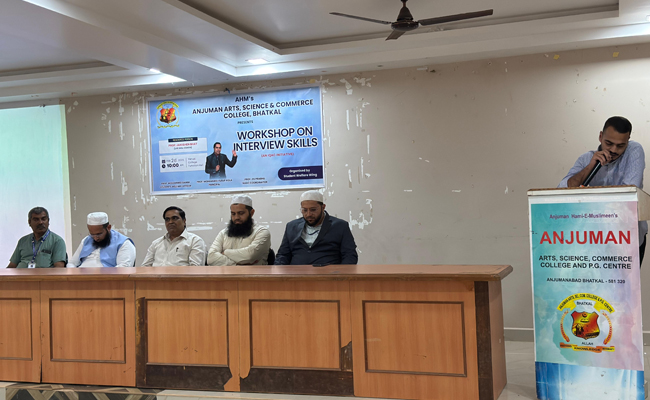Mangaluru, Sep.5: Dakshina Kannada district commissioner Sasikanth Senthil in a statement said that Shiradi ghat has been opened for light vehicles.
The vehicular movement was banned in Shiradi ghat after recent landslides in the region. The affected areas have been repaired and national highway department has given the consent for the movement of light vehicles. Accordingly DC has instructed the national highway executive engineers, national highway authority project director and Puttur sub divisional officer to inspect the region and submit a report.
After going through this report DC has opened some roads in Shiradi Ghat for oneway movement of car, jeeps, two wheelers and other light vehicles.
The ban on lorries, tankers, containers and other heavy vehicles will continue as condition of Shiradi ghat road is still very critical and officers are working hard to bring it to normalcy, the statement said.
Let the Truth be known. If you read VB and like VB, please be a VB Supporter and Help us deliver the Truth to one and all.
Bengaluru (PTI): The Karnataka High Court on Monday extended the interim relief given to Bollywood actor Ranveer Singh till March 9, in a case related to mimicking a character from the movie, 'Kantara Chapter-1', and allegedly mocking a deity.
The actor had approached the High Court seeking the quashing of the FIR against him for mimicking Rishab Shetty's role as 'Chavunda' deity in the movie.
While mimicking, Singh had called the deity a "ghost". The actor was asked to appear before the court in person on Monday.
Appearing on behalf of the actor, his counsel Sajjan Poovayya said Singh was stuck in London and was unable to reach Bengaluru due to the conflict in West Asia.
The complainant, who is a lawyer, alleged that his religious sentiments were hurt by calling the deity a ghost. On the directions of a local Court, the police registered a case against the actor.
The High Court on February 24 granted interim relief to the actor with directions to the police not to take any coercive steps against him.

